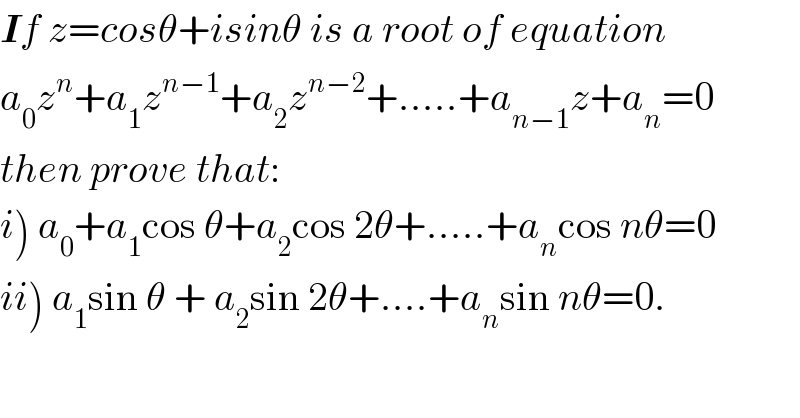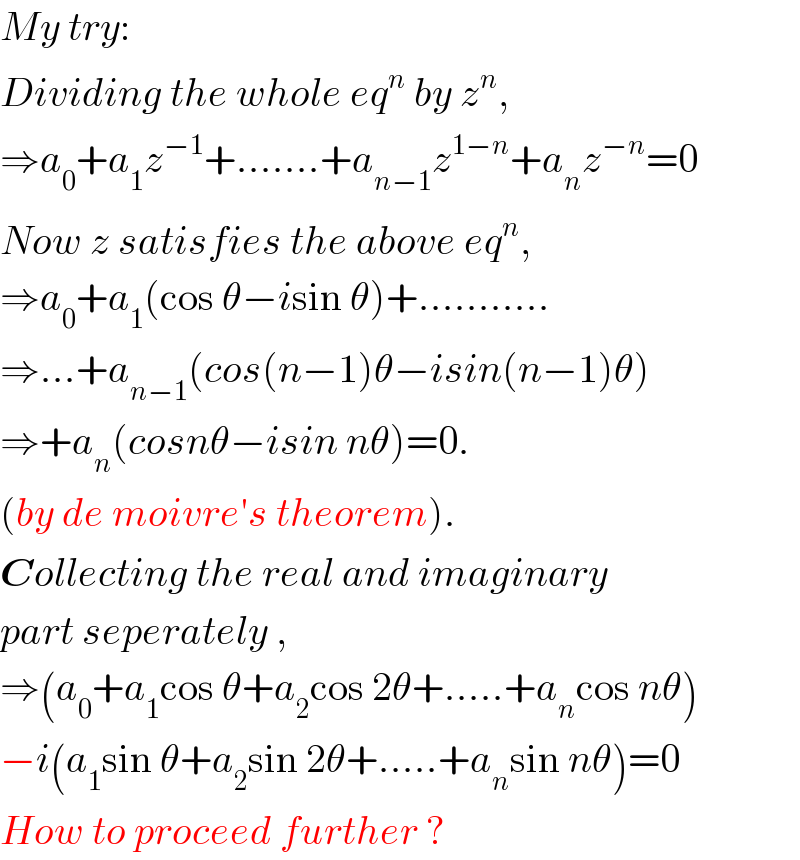Question Number 32160 by rahul 19 last updated on 20/Mar/18

Answered by rahul 19 last updated on 20/Mar/18

Commented by rahul 19 last updated on 21/Mar/18

Commented by Tinkutara last updated on 20/Mar/18

Commented by rahul 19 last updated on 20/Mar/18

Commented by mrW2 last updated on 21/Mar/18

Commented by mrW2 last updated on 21/Mar/18

Commented by rahul 19 last updated on 21/Mar/18

